What Are the Most Common Disabilities?
1. Physical Disabilities
Physical disabilities are the most common kind of disability in the United States. Examples include blindness or deafness, spinal cord injuries, arthritis, Cerebral Palsy, Multiple Sclerosis (MS), traumatic brain injury, and amputations.
When it comes to physical disabilities, SSDI law offers protection for workers who are no longer able to work due to their disability. This includes providing financial assistance and access to health care, as well as other forms of support. Most physical disabilities come from long-term conditions or degenerative diseases, and SSDI law helps to provide for those workers who are no longer able to work due to their disability.
Car accidents are one of the leading causes of physical disabilities. SSDI law offers protection for those who have sustained a disability from an automobile accident, as well as workers' compensation in some cases.
2. Mental Health Disabilities
Mental health disabilities are another common category of disability, and they can include depression, anxiety, bipolar disorder, schizophrenia, post-traumatic stress disorder (PTSD), obsessive-compulsive disorder (OCD), and attention deficit hyperactivity disorder (ADHD). These disabilities can be very debilitating and significantly interfere with a person's ability to function daily.
If someone has been diagnosed with a mental health disability that impairs their ability to work, SSDI law allows them to apply for Social Security Disability Insurance (SSDI) or Supplemental Security Income (SSI). These programs provide financial and medical assistance to those suffering from disabling impairments. As many as 60% of SSDI claims are approved on the basis of a mental health disability.
3. Learning Disabilities
Learning disabilities are neurological conditions that affect how the brain processes information, making it difficult for individuals to learn and retain information or to use language and mathematical skills. Common learning disabilities include dyslexia, dyscalculia, auditory processing disorder, nonverbal learning disability, and visual processing disorder.
An example of a common learning disability is dyslexia, a disorder that causes problems with reading, writing, and spelling. Someone with this disability often sees words and sentences in a jumbled order.
4. Intellectual Disabilities
Intellectual disabilities are developmental delays that can impair a person's ability to function independently in day-to-day life. Examples of intellectual disabilities include autism spectrum disorder, Asperger's syndrome, and Down syndrome.
SSDI law offers protection for those with intellectual disabilities who are unable to work due to their disability. Many people are usually born with intellectual disabilities, and SSDI law helps to provide financial assistance to help them live independently.
How Can SSDI Law Help?
When people think of a disability, they may immediately think of physical disabilities. However, SSDI law protects many kinds of disabilities and allows people who have been diagnosed with a disability to be eligible for benefits.
SSDI law helps provide protection and financial security to individuals with disabilities, no matter what kind of disability they have. Whether it's a physical, mental, learning, or intellectual disability, SSDI law offers the protection and assistance that disabled individuals need.
How Long Does It Take to Get SSDI Benefits?
The SSDI law application process can take several months or longer before an individual receives SSDI benefits. It's important for applicants to be aware of what the law covers and to provide all the necessary documentation in order to speed up the process.
Understanding the most common types of disabilities is important for SSDI law professionals and individuals with disabilities to understand their rights and how they can best access the services and support they need. It is also important to remember that no two individuals with the same disability are the same, and each person's experience will be unique. If you or someone you know has a disability, consider reaching out to the SSDI law professionals for support and guidance at the Law Offices of Eric R. Hunt.











